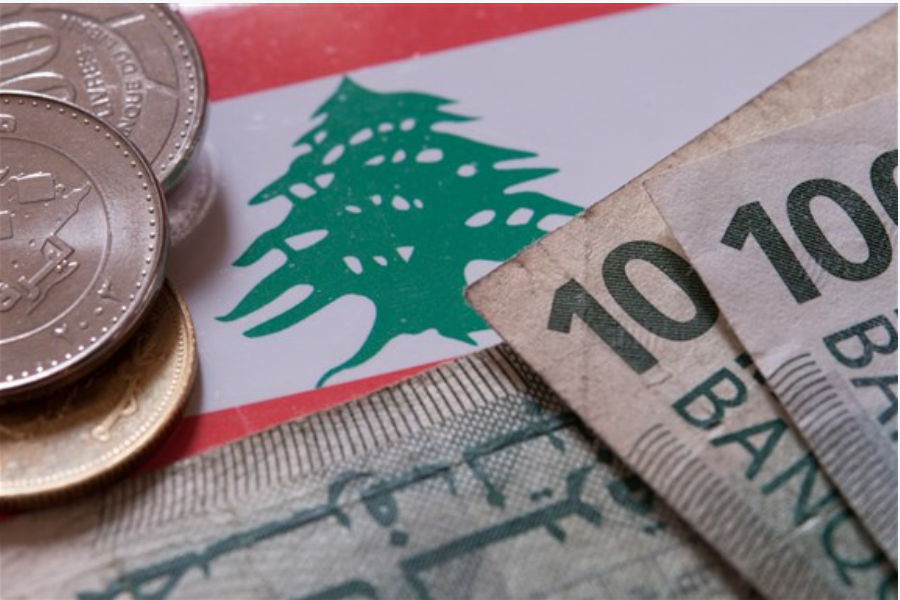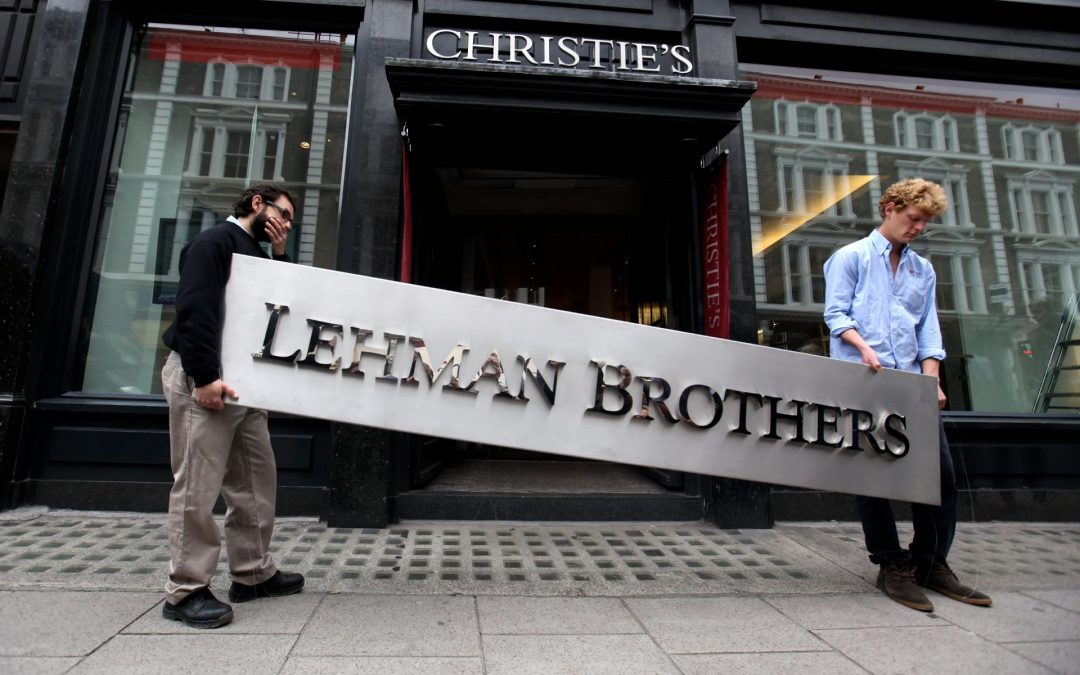
by Mahdi Mohammad | Apr 15, 2022 | Uncategorized
Lebanon is suffering from an economical and financial crisis since 2019. The world bank has classified this crisis as one of the worst 3 crises since mid-nineteenth century. One main reason behind this crisis is the high external debt and its services which have led eventually to a great negative impact on Lebanon’s GDP. One way to control the increase of this debt is working on the development of the agricultural sector.
Problem:
The external dept as well as its services have increased dramatically over years. This increase was highly sharp between the years 2019 and 2020. At the same time, this high increase in the debt was associated with a decrease in GDP growth, specifically between the years 2016 and 2020.
Solution:
The contribution of agriculture in the GDP of Lebanon was decreasing over years. So, supporting the agricultural sector would be one of the solutions that can help freezing the increase in debt. In fact, Lebanon has the required elements to do that, i.e., a cultivatable land and water resources. According to the World Bank collection of development indicators, Lebanon has 64.32% of its land cultivatable.
Supporting the agricultural sector means that the government is requested to work on a plan that can improve the agricultural sector. This is important as a development in the agricultural sector would be reflected as an increase in the agricultural production. Therefore, this will lead to a decrease in the imports and an increase in the exports of agricultural products. Finally, all of this would cause a higher contribution of agriculture in GDP and a decrease in borrowing and debt levels.
This proposed solution has been adopted by many other countries to support their economy. According to the World Bank, agriculture has accounted for more than 25% of GDP in developing countries in the year 2018.
Findings:
- Developing agricultural sector is essential for the development of the Lebanese economy.
- Improving the agricultural sector will help Lebanon in getting out of the economic and financial crisis.
Recommendation:
The government should construct and implement a plan that can enhance the agricultural sector in Lebanon.

by Lea El Halabi | Apr 15, 2022 | Generic, Visualization
Does a Country’s Borrowing Policy Affect its Population’s Income level?
The Case of Lebanon

DOLLAR? LBP?
WHAT’S THE EXCHANGE RATE TODAY?
DISCOUNTING CHECKS? AT WHAT RATE?
WHAT???? 20%????
THIS MEANS I’M LOSING 80% OF MY MONEY!!!
I WAS DOING OK BUT NOW I CAN BARELY MAKE ENDS MEET…
This has unfortunately been the sad reality that
theLebanese people have been living for since
October of 2019.
WHY?
Because a Banking | Financial | Currency | Crisis
Made a Huge Bubble Burst!

BUT HOW DID WE GET HERE?

Lebanon has had a budget deficit for over 20 years
and has been borrowing from external parties
for as long as we can remember.
So, as Lebanese citizens, we are born indebted.
A country’s national debt affects its population’s income level:
-
Growing debt has a direct effect on economic opportunities
-
If high levels of debt crowd out private investments, workers would have less to jobs do and therefore earn lower wages

Countries with LOWER DEBT exhibit HIGHER INCOME levels per capita.
SO HOW HAS LEBANON’S DEBT BEEN CHANGING OVER TIME?

WHAT CAN WE DO TO MAKE THINGS BETTER?

Potential Solutions include but are not limited to:
-
Supporting Production and Services Sectors leading to more Job Creation and eventually More Wages
-
Improving Trade Agreements leads to more exports which would Reduce Budget Deficits and make the country economically healthier
-
Attracting Foreign Direct Investments by providing a healthy capital market (ex: improving Reporting Practices) which leads to More Investments & More economic opportunities, More Jobs and eventually More wages
IS THERE PROOF?
Countries with Open Trade Policies seem to have higher income levels

Countries with Updated Reporting Practices also have higher income levels

SO, WHAT ARE THE RECOMMENDATIONS?
STOP borrowing from international Agencies
CONTROL High National Debt Levels
Implement Policies to boost the economy


by rgh19 | Apr 15, 2022 | Visualization
The 2007-2008 Financial Crisis
It wasn’t too long ago that Wallstreet was on the roll, but in reality, that growth was fueled by careless risk takings by the big banks. In the early 2000’s, the Federal Reserve heavily lowered the Fed Fund Rate, thus, cheap credit and NLPs (nonperforming loans) started taking place, allowing many consumers to borrow far more than they could afford. To understand what happened, we need to go just a few years back.
Let’s say you were a home buyer at the height of the market. Before you could get the house keys, you would have had to fill out a pretty big stack of mostly unintelligible mortgage documents from a big bank. This mortgage is essentially a debt note for the cost of the house. Now you might think that your bank would just put that debt note in a safe place while you went about making your monthly payments. But instead, that debt note took a little detour. Those loans got sold to other investors, which made big banks lose all incentives to avoid risks.
And as often happens when gamblers play with other people’s money, or money they don’t have, the big banks bet big, and lost big. And since the banks were so big, the entire economy got affected when they lost. Interest rates started rising back again, many subprime borrowers could not afford the higher rate as a result, millions went unemployed, small businesses couldn’t get credit, and the middle class got squeezed.
That brings us back to your nice new home. If you lost your job, you couldn’t make your mortgage payments. Worse, because of falling home values, you wouldn’t be able to sell it either without taking a big loss; putting you at risk of foreclosure by the big bank.
How did it end?
Wallstreet’s risky behavior had to be stopped. That was the purpose of the Dodd-Frank Wall Street Reform and Consumer Protection Act (2010).
The Act worked on preventing Predatory Mortgage Lending by:
- Restricting some of the riskier activities of the biggest banks
- Increasing government insight of banks activities
- Forcing banks to maintain larger cash reserves
After the Dodd-Frank act, the percentage of nonperforming loans (NPL) to total gross loans started decreasing (Data Source: WDI).
Banks have been prevented from growing so large that they put the entire economy at risk if they were to fail. And if some financial firm still gets itself in trouble, despite the strong regulations, it will get shut down. No more bailouts.

by Serge Boyajian | Apr 15, 2022 | Uncategorized
“Quis custodiet ipsos custodes?”
Lebanon, a Small Country with Huge Worries
If you’re reading this blog, you are more privileged than 78% of the Lebanese population! The United Nations stated that 78% live under the line of poverty in 2021. Let me walk you through all the evidences and solution. GDP per capita is a perfect metric to measure the economic conditions of a country’s citizens: Lebanon’s GDP per capita plunged to a negative 21% growth in 2020. However, a bigger problem looms over Lebanon: It is far from being able to meet the UN’s 2030 Agenda, more specifically, section 8 related to economic factors. Section 8.1.1 in the 2030 Agenda requires all countries to sustain a 7% GDP per capita growth.
How can Lebanon Catch Up?
The answer is straightforward: Secure Foreign Funds! To secure such funds from international institutions like the IMF or World Bank, the Lebanese Government should implement quick local economic reforms.
The secured funds will then be used to transform Lebanon from a major importer to a major exporter. The funds must be invested in local production, tourism and domestic spending (infrastructure). This can definitely boost Lebanon’s GDP among several other reforms in different sectors.
Is it Really a Good Idea?
Many people are skeptical on borrowing from international institutions like the IMF due to the severity of their rules. However, let’s take Egypt as an example: Egypt increased IMF borrowings by 1,500% from 2015 till 2020 (yup, you read right, no additional zeros). The Egyptian government spent the funds on enforcing its local production and improving the tourism sector. As a result, Egypt met the UN’s Agenda 2030 economic goals and especially goal 8.1.1 (GDP per capita growth > 7%).
Recommendation
The one and only recommendation is for the Lebanese government: Implement the needed reforms, secure the foreign funds, invest them wisely and save Lebanon from the catastrophe!

by lab28 | May 10, 2021 | Visualization
A civil war in Lebanon? Is it the solution for the Lebanese crises? Ever since the Lebanese revolution in 2019 started and Lebanese have been hearing that there might be a possibility of a civil war. What happened in 2019 in Lebanon? In 2019, Lebanese revolted mainly because of the sectarianism that exists in the country. After the revolution, people started saying that a civil war might take place in Lebanon because of the conflicts that are arising between different sectors and religions in Lebanon. However, I wanted to check if actually a civil war is the solution for the Lebnase economic crisis or not.
Therefore, I analyzed data about GDP growth % in Lebanon over the past 10 years but more specifically over the year 2006. Well, that’s because in 2006, a war disrupted in Lebanon due to many conflicts in the region. Thus, I wanted to check if the 2006 war that happened was beneficial or not to the Lebanese economy.
As we can see in the below graph, GDP growth was the lowest in 2006 the year the war happened, which means that the 2006 war has tremendous impact on the decline of the GDP growth. Having low GDP growth has many negative effects on the country and on its citizens. It causes people to loose jobs, inflation to increase, and living standards to decrease.
In conclusion, a civil war in Lebanon should NOT happen because of the war’s negative effects, and so we would not go into an even more severe economic crisis. The solutions for the conflicts that are happening between different sectors and religions could range from educating people to be more open and accepting one another, decrease socio-economic gap and encourage civil soceity development and many more solutions that are far away from a civil war. SAY NO TO WAR.













